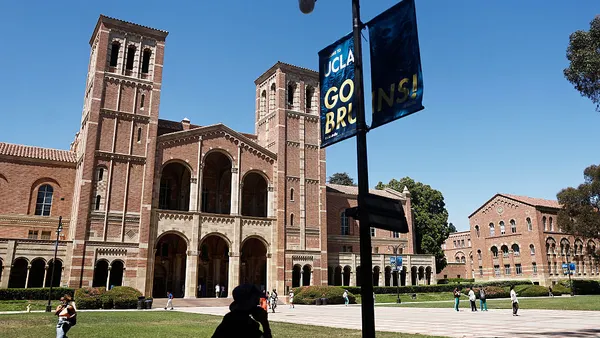No matter who you think won Tuesday’s Presidential debate, the feeling today seems to be that this time it was a fair fight.

In Tuesday’s debate, Romney promised to simplify the tax code, which Rhett Buttle of the Small Business Majority, an advocacy and research group, says is in the top three of small-business concerns. Romney also vowed to cut taxes equally for all income levels and limit deductions (“I’ll pick a number: $25,000 of deductions and credits. And you decide which ones to use: your home mortgage interest deduction, charity, child tax credit, and so forth.”), while saying he would eliminate taxes on interest, dividends, and capital gains. He noted that 54% of America’s workers are employed by pass-through or S corporation businesses (that are taxed as individuals) and that bringing down tax rates across the board would allow those small businesses “to keep more money and hire more people.”
President Obama again argued that Romney’s proposed cuts would cost about $8 trillion in lost revenue and “blow up the [federal] deficit” while primarily benefiting the wealthy. His own plans to cut taxes for the middle class, he said, have been held “hostage” by the Republican-controlled Congress because they want “tax breaks for the top 2%.” He repeated his contention that under his tax plan, 97% of small businesses (those earning under $250,000 a year) would not see any tax increases, and that the higher tax rates of the Clinton era resulted in the creation of 23 million new jobs even as they took the country from “deficit to surplus.” He also pledged to open up new areas for oil drilling, and make going after natural gas a national “priority,” thereby addressing (albeit in a roundabout way) the cost of energy, which the 350,000-member NFIB has identified as small business’s third-greatest concern after the cost of health insurance and economic uncertainty.
Small-business person Robert Skenderian, whose father started Skenderian Apothecary in Cambridge, Massachusetts, in 1962 and who now co-owns the independent pharmacy with his brothers, was disappointed in the second debate. “It was so horrible,” he says. “What a lot of yelling and nothing much positive being said.”
Skenderian is skeptical of tax-simplification promises (“I’ve heard every Presidential candidate for decades talk about simplification, and every time they do, it just gets more complicated”), and when it comes to the economy, “grim” is the word Skenderian, whose store employs six full-time employees and five part-timers, uses.
“I’ve only seen the economy degrading,” he says. “My figures are down. No matter what you read, I don’t see any near-term improvement occurring. The people who are shopping, they’re unhappy. If they’re buying more now, it’s because they have to, because they can’t continue fixing things.”
As for his own business, Skenderian simply says he wouldn’t encourage his own children to become pharmacists.
According to a 2010 report by the National Community Pharmacists Assn., there were 23,117 independent community pharmacies like Skenderian Apothecary in 2009, representing a $93 billion marketplace. However, a 2012 study by the IMS Institute for Healthcare noted that from 2007 to 2011, the total number of prescriptions dispensed by independent stores dropped 5.5% as those supplied by chain stores such as CVS and Walgreens rose almost 10%, continuing a longstanding trend. And according to a 2012 National Bureau of Economic Research working paper, the self-employment rate for pharmacists has dropped from 40% in the mid-’50s to less than 5% in 2010.
In short, the independent drugstore is disappearing.
Skenderian, however, is holding on. “We’re OK,” he says. “I’m conservative. I don’t leverage myself at all.” And, he notes, he owns his store. “Any independent you see, he owns his own location; they’re not renting from anyone. My dad owns our building.”
Skenderian says he still counts himself among the undecided. He’s not wild about either candidate, and was not a fan of Romney when he was governor of Massachusetts. But, he says, “to give Romney his due, he talks about the debt. The debt is the huge gorilla in the room. I don’t hear Obama talking about debt. And it’s scary because we have to pay it off. If we default, we’re Greece.”












